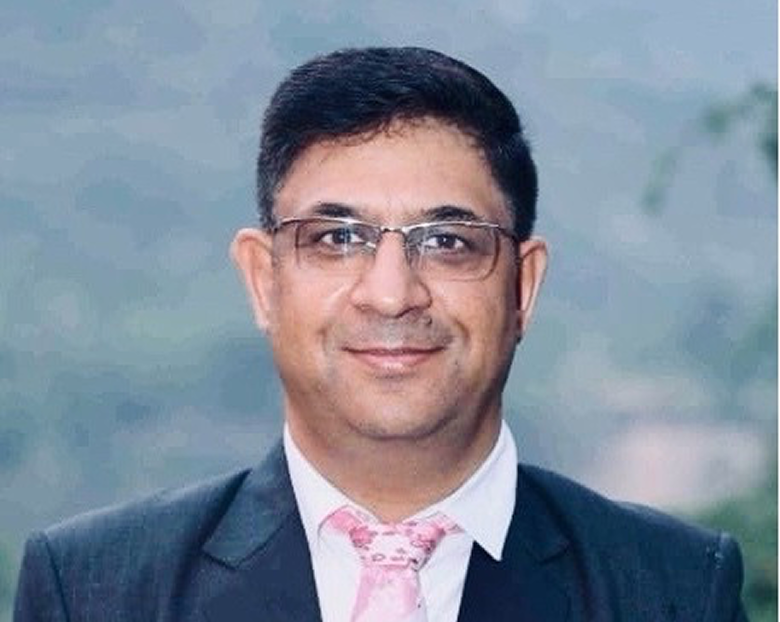Brian Ryks, Executive Director, and CEO of the Metropolitan Airports Commission (MAC), offers his firsthand view of the challenges airports face as they modernize infrastructure while meeting sudden shifts in passenger demand. Mr. Ryks lays out the current state of the aviation industry, the many opportunities to meet sustainability goals, his engagement with stakeholders to make airports customer centric, and reasons why he is optimistic about the future of airports and air travel.
In this episode
- Recent challenges, including the drastic impact of the COVID-19 pandemic, have spurred substantial investments in technology and workforce resilience at airports.
- The future of airports hinges on innovation, data-driven insights, and real-time passenger flow management.
- Sustainability takes center stage, with airports, airlines, and suppliers working toward ambitious goals; the MAC, for instance, aims to cut carbon emissions by 80% by 2030.
- Sustainable airport tech includes vehicle electrification, renewable energy generation, eco-friendly aviation fuels, and efficient performance-based navigation.
- While government backing for infrastructure is widely embraced, CEOs must also cultivate trust among governments, local communities, and stakeholders.
- In addition to infrastructure, airport management grapples with talent development and adept supply chain management to ensure top-tier service delivery.
About our guest
Brian Ryks has been working at airports since 1986, when he started his career with a position as noise technician. He was involved in the expansion of the Denver International Airport and then moved to his first job managing an airport, in Aberdeen, South Dakota. After managing airports in Duluth, Minnesota, and Grand Rapids, Michigan, he accepted his current position at the MAC, where he is responsible for the administration and management of the Minneapolis St. Paul International Airport and the MAC’s six reliever airports.




















